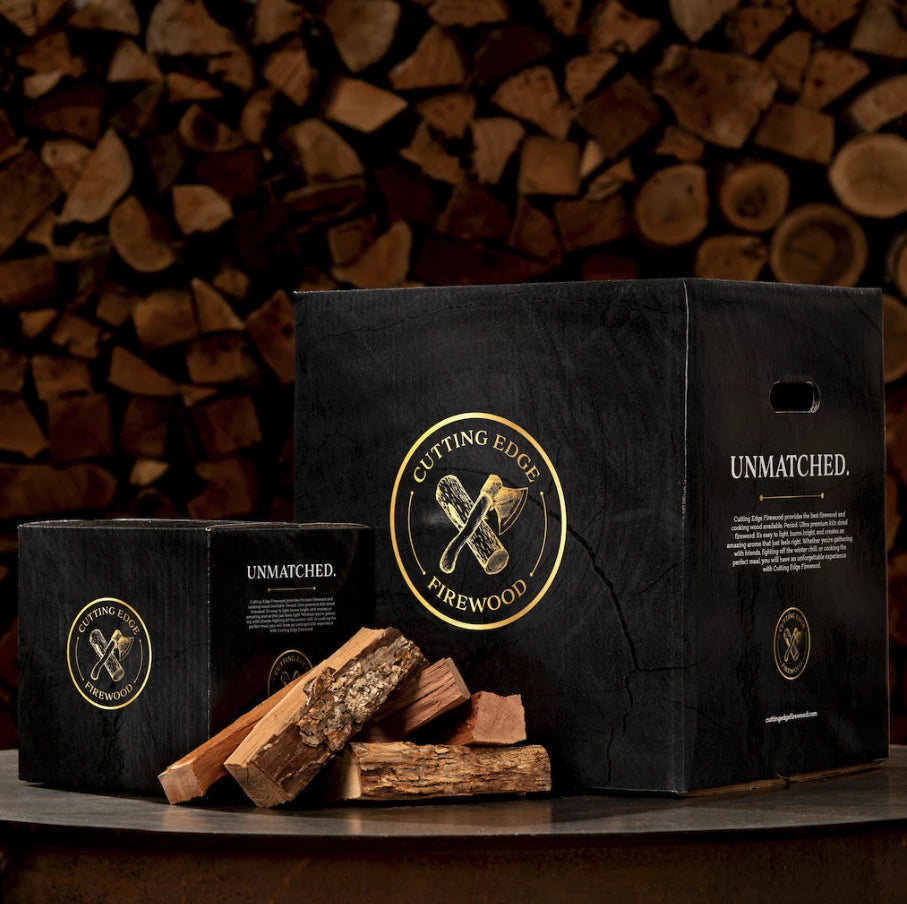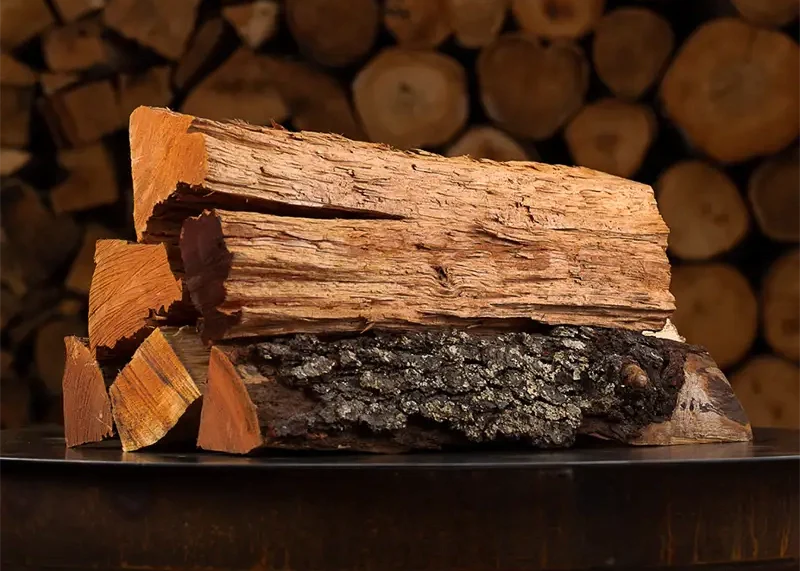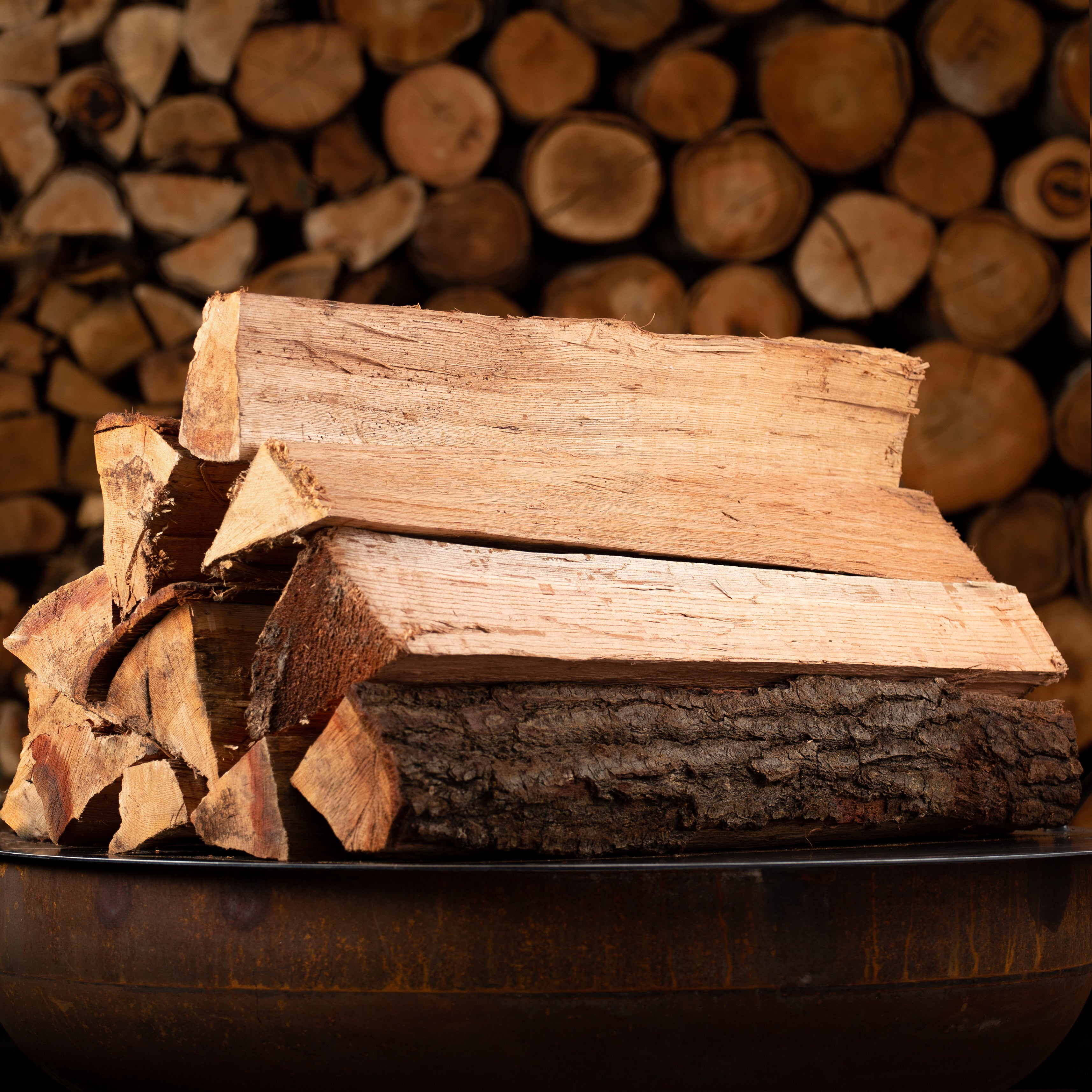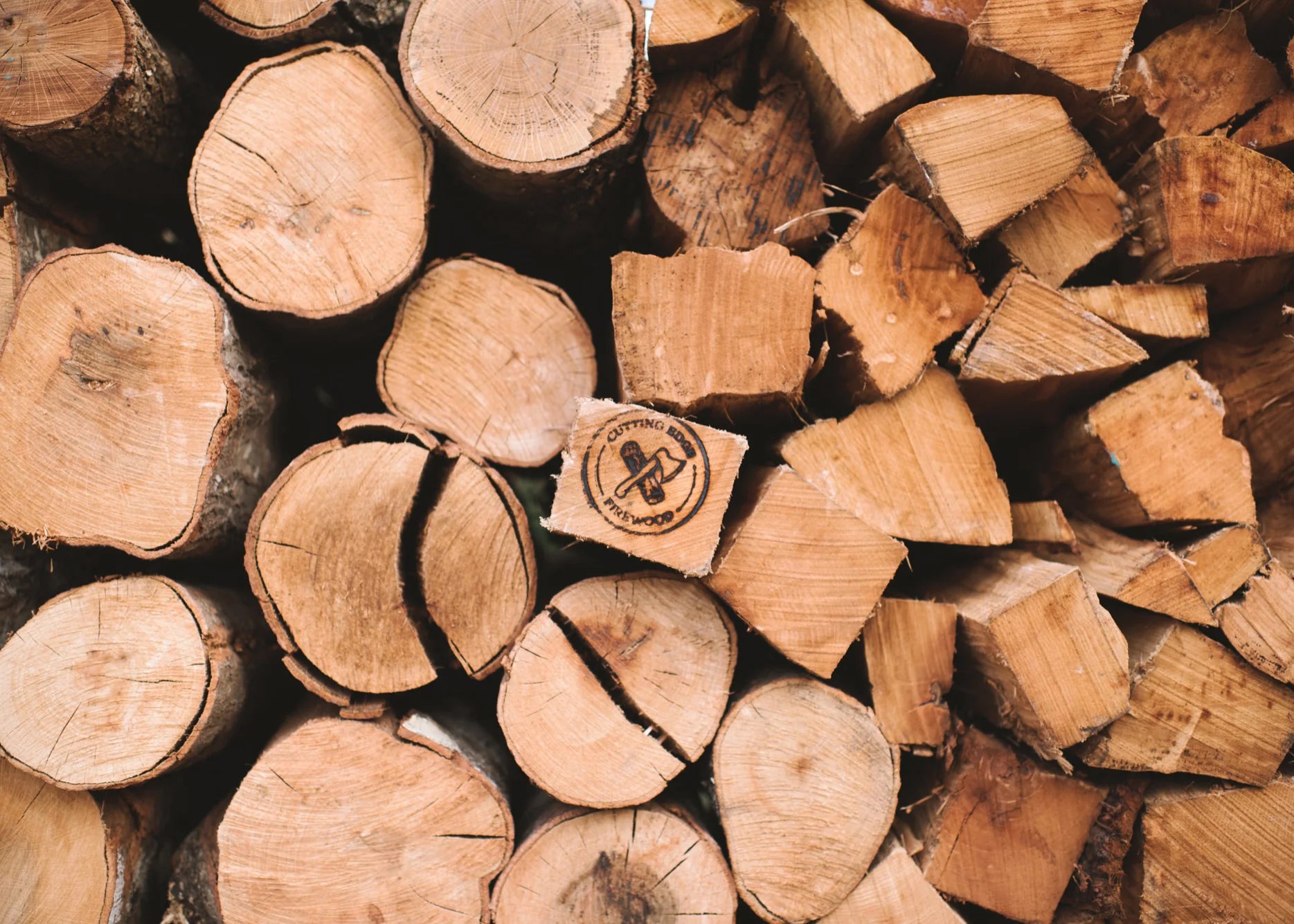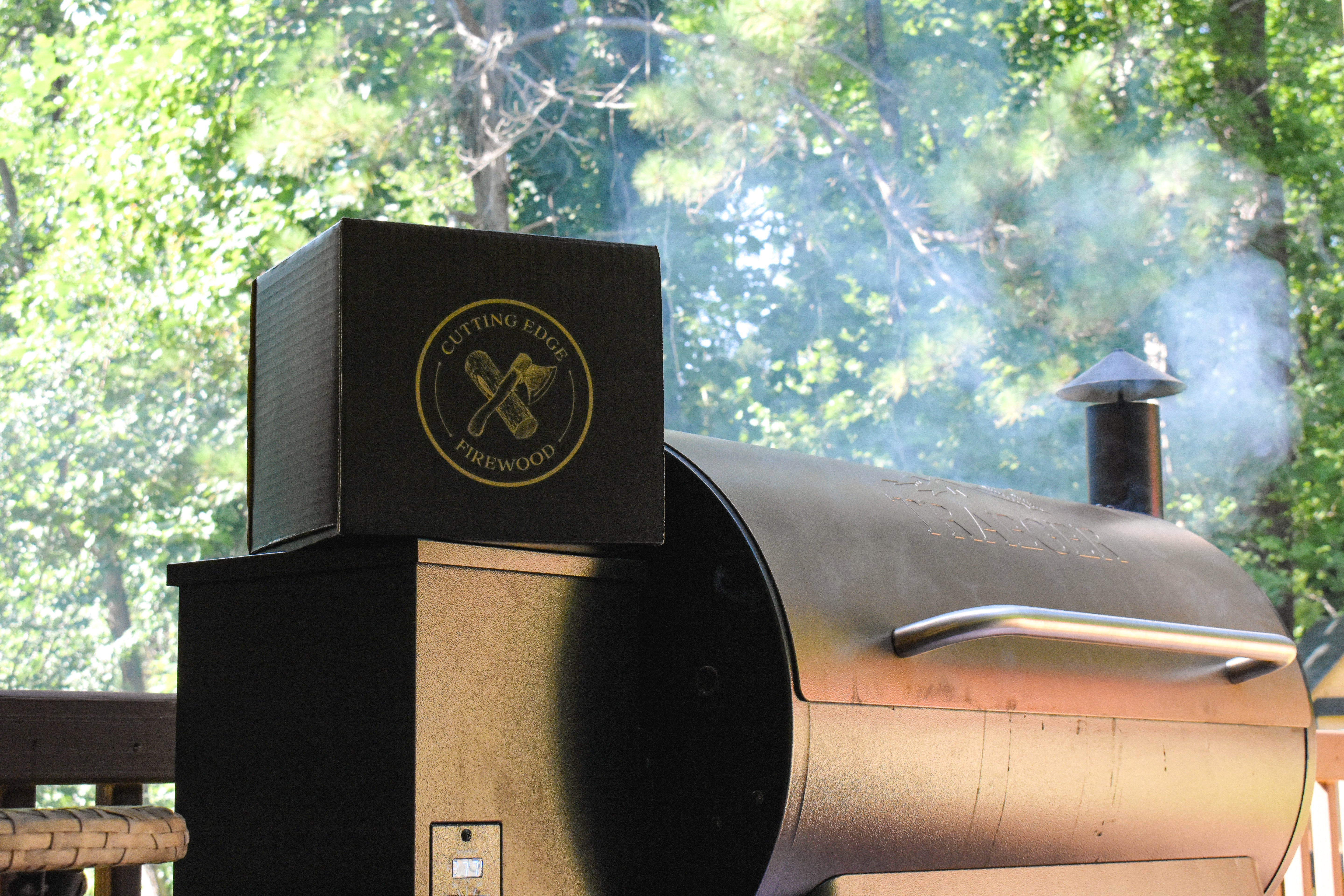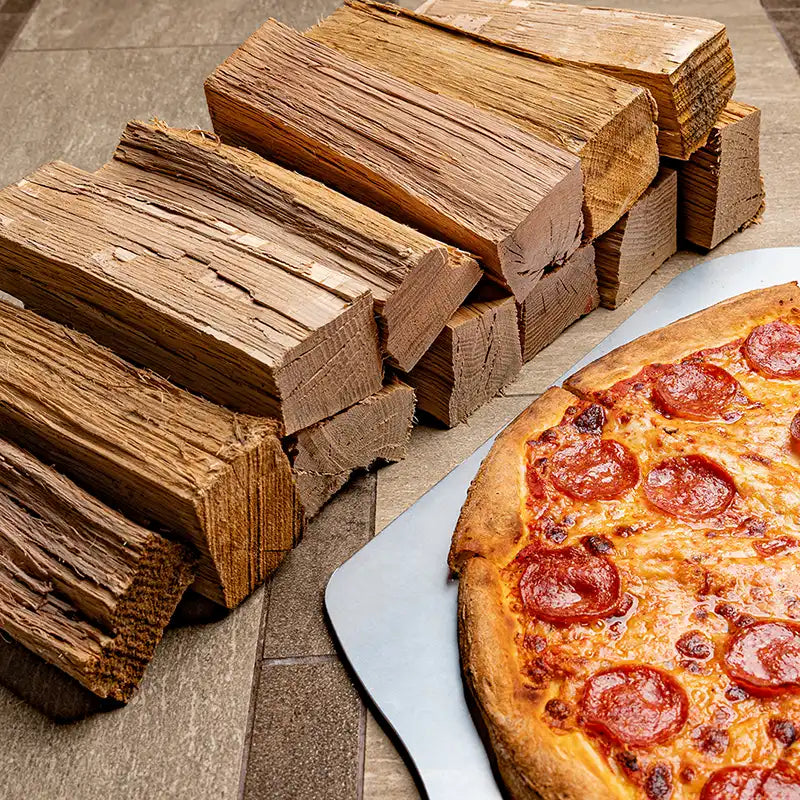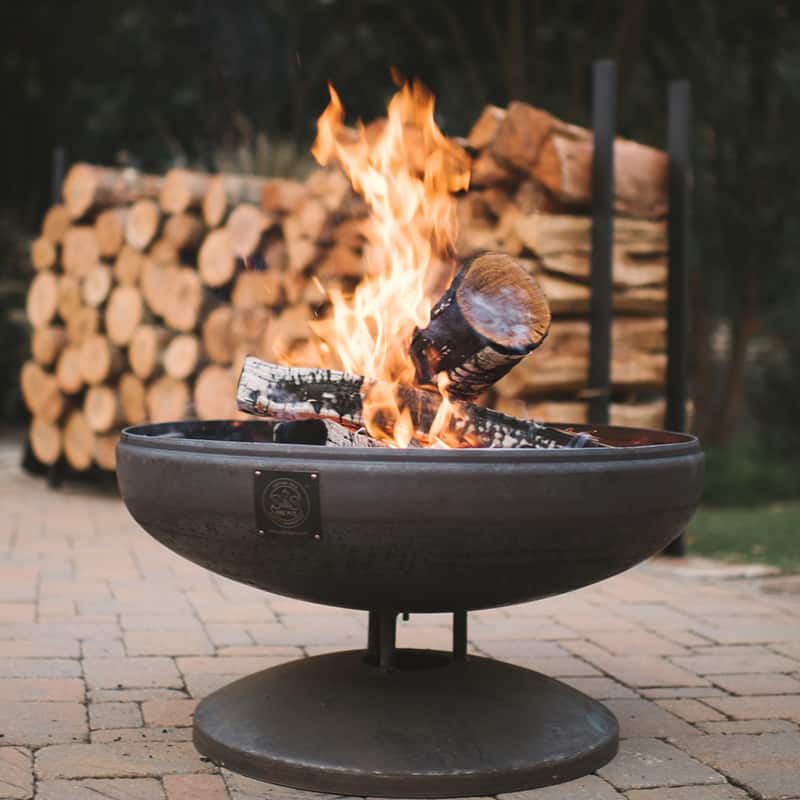Storing Firewood
When it comes to storing firewood, many people wonder how long it can last before going bad. Proper storage and maintenance can significantly impact the longevity of firewood. In this article, we will explore the factors that affect the lifespan of firewood and how to ensure it remains usable for as long as possible.


Lifespan Factors
Several factors can influence how long firewood will last before becoming unusable. These factors include the type of wood, moisture content, storage conditions, and pests. Understanding these factors is crucial for properly storing firewood and maximizing its lifespan.
Types of Wood
The type of wood used for firewood can have a significant impact on how long it will last. Some hardwoods, such as oak and maple, are denser and burn more slowly than softwoods like pine and fir. Choosing the right type of wood for your needs can extend the lifespan of your firewood.


Wood Moisture
Moisture content is another critical factor that affects how long firewood will last. Green or freshly cut wood contains a high moisture content, which can lead to faster decay and deterioration. Properly seasoned wood with a moisture content of around 20% is ideal for long-term storage.
Wood Storage
Proper storage conditions are essential for extending the lifespan of firewood. Firewood should be stored off the ground, in a well-ventilated area, and protected from rain and snow. Stacking wood in a single row with space between the logs can also help promote airflow and reduce moisture buildup.


Pest Protection
Pests such as termites, carpenter ants, and wood-boring beetles can damage firewood and shorten its lifespan. To protect your firewood from pests, avoid storing it near your home or other wooden structures. Regularly inspecting your woodpile for signs of pest infestation can help prevent damage.
Bad Firewood Signs
It's essential to know the signs of bad firewood so you can avoid using it in your fireplace or wood stove. Bad firewood may be discolored, damp, or have a musty odor. Additionally, wood that is soft, crumbly, or covered in mold should not be burned as it can release harmful fumes when ignited.

Firewood Longevity
In conclusion, firewood can last for several years if properly stored and maintained. By understanding the factors that affect firewood longevity and taking steps to protect your woodpile, you can enjoy a steady supply of fuel for your fireplace or wood stove. Remember to choose the right type of wood, keep it dry, and protect it from pests to ensure it remains usable for years to come.

